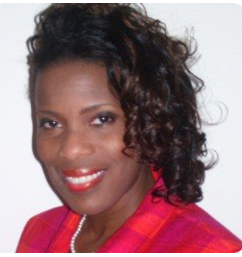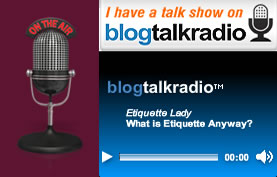Red, blue, green: Here’s what they mean
Your choice of colors can make powerful statements about you and it will certainly influence how people perceive you.

For example, if you want to be thought of kindly – it may not be a good idea to show up for a job interview with a conservative company wearing lime green or neon pink. A theatre company may not mind, but IBM definitely will.
Wearing red to a funeral or white to a wedding, unless you are the bride, of course, are two universal no no's.
Also as you select colors, pay attention to your skin tone and hair color. Certain colors will make some hues look pallid, and you definitely don’t want the color of your hair to clash with your clothes.
Here is what some colors say:
- RED: A high energy “power: color. It’s attention-getting. Think about red lights. They make people stop and look.
- ORANGE: Appealing. It suggests informality. Makes you appear friendly. You are perceived as gregarious, enthusiastic and considerate.
- YELLOW: It’s the best attention-getter in the color spectrum. It makes you more alert and aware and signifies hope, glory and optimism.
- GREEN: Because it’s nature’s most abundant color, it’s the most refreshing and restful color to the eye. It makes people feel comfortable and secure. Makes you seem compassionate, open and nurturing. That’s why the color is often used in hospitals and why doctors wear green scrubs in surgery.
- BLUE: It’s the color of water. Water has a calming effect. It signals respect and responsibility.
- BROWN: Makes you appear friendly. Signals stability, support and practicality.
- GRAY: A classic color. Signals that you are at peace with yourself, that you are redefined and efficient.
- BLACK: It’s the color of intrigue. Signals sophistication, power and mystery, as well as believability and authority.
- WHITE: Associated with innocence and purity.
Public Speaking for Adults and Teens

Adult and teen participants self-esteem will soar as they learn to speak with confidence and authority. Say good-bye to being shy.
Sessions topics include:
- Introductions
- Voice Check
- Body Language vs. Verbal Language
- Keys to Speaking Well
- Impromptu Speaking






